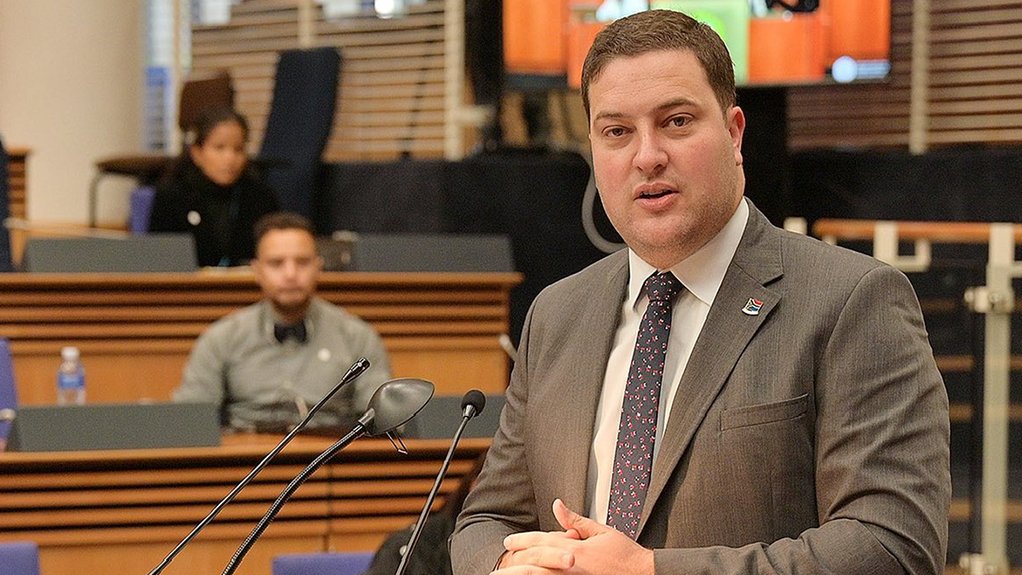Cape Town Mayor Geordin Hill-Lewis has urged President Cyril Ramaphosa not to gazette the new Public Procurement Bill into law, as the city believes it will slow down local service delivery and undermine the constitutional autonomy of local government.
Despite having already signed the Bill, Cape Town says Ramaphosa may still refer it to the Constitutional Court for review before proclamation, or send it back to Parliament for amendment.
In a letter to the President, Hill-Lewis warns that the City of Cape Town (CoCT) will have no option but to launch a constitutional challenge if the Bill is gazetted in its current form.
“This Bill allows direct interference in municipal procurements by provincial treasuries and a new national Public Procurement Office (PPO), which will be empowered to dictate instructions to municipalities without proper cooperative governance arrangements or consultation.
“This is unconstitutional, and undermines local government autonomy and direct accountability to serving residents,” says Hill-Lewis.
“At a local level, we often have to procure fast to respond to urgent water, sanitation, electrical, waste and environmental issues.
“But this Bill impedes the ability to respond swiftly to local needs by introducing more red tape to complicate procurements. This inefficiency will have a direct impact on service delivery to residents.”
CoCT says it has wide-ranging concerns about the “new red tape” introduced by the Bill, including the fact that municipalities will not be able to maintain their own databases of accredited suppliers, and that payments to suppliers will need to be integrated with a national database.
Also, the Bill will centralise all national procurement via the PPO, which runs the risk of nationwide disruptions to municipal procurements if the central system goes offline.
Municipalities will also no longer have the power to lawfully deviate from procurement regulations for urgent service delivery without centralised approval via the PPO.
According to CoCT, spurious tender appeals may also hold up service delivery as the Bill limits the ability to conclude contracts while tender awards are reviewed.
Hill-Lewis also raises the concern that the Bill will undermine infrastructure investment, as well as national government’s commitment to cut red tape across the board.
“Infrastructure can often be delivered much faster via public-private partnerships, but the Bill mirrors existing municipal legislation, which makes PPPs too complex and time-consuming for municipalities to even attempt.
“The Bill further contains no provision for municipalities to leverage procurement for local socio-economic development, as required by Section 151 and 152 of the Constitution.”
CoCT says it is also concerned that around 36 elements of the Bill require new regulations, exposing local government to hidden cost implications and red tape burdens.
“Introducing the national Finance Minister as a regulatory authority for local government is inconsistent with the Constitution, Municipal Systems Act and the Municipal Finance Management Act,” notes Hill-Lewis.
“A PPO should be advisory at most. Oversight over public procurement is already carried out by the Auditor General and Public Protector.”
EMAIL THIS ARTICLE SAVE THIS ARTICLE ARTICLE ENQUIRY
To subscribe email subscriptions@creamermedia.co.za or click here
To advertise email advertising@creamermedia.co.za or click here











